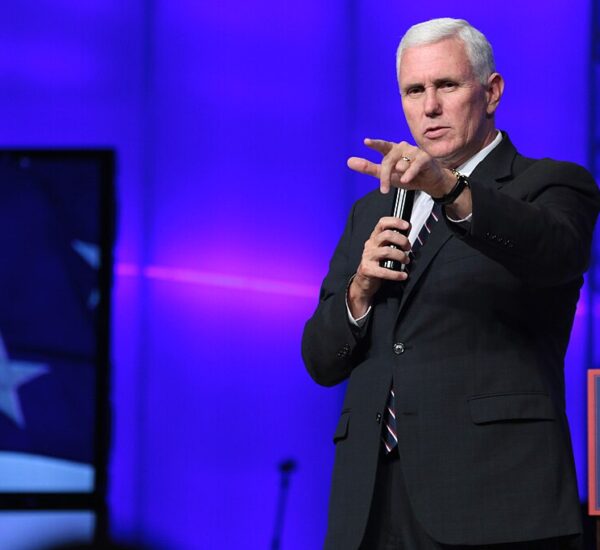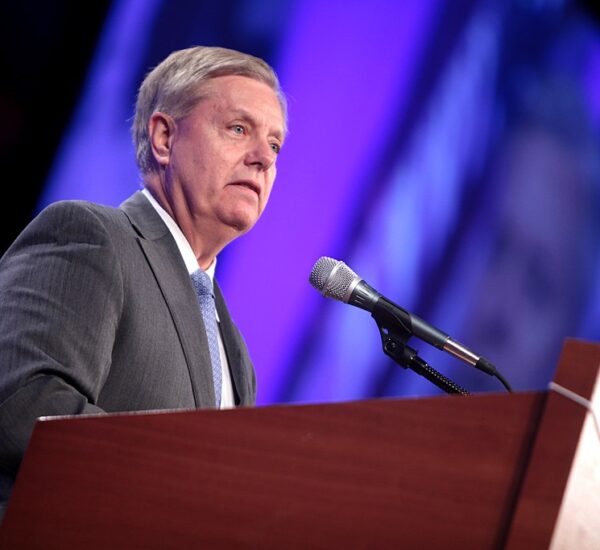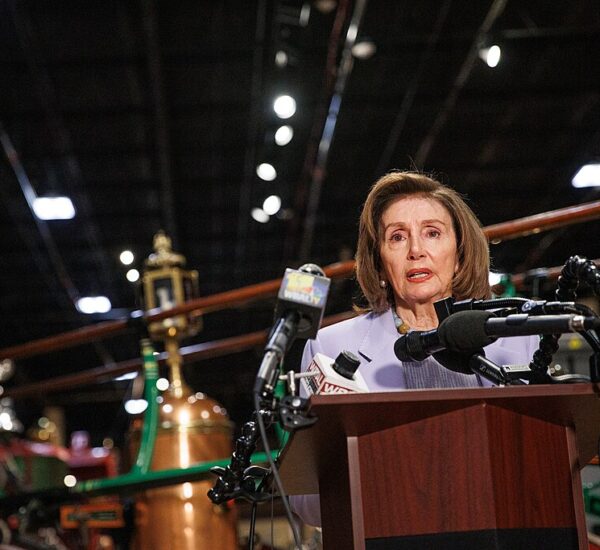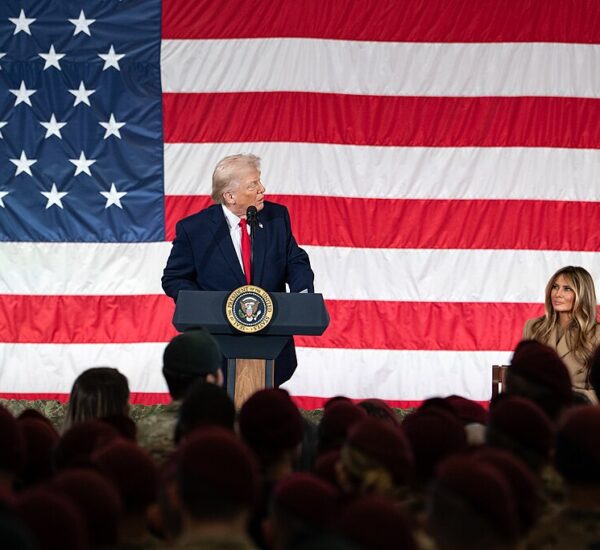Far-Left Democrats Taking Over?
Sen. Bernie Sanders (I-Vt.) is once again trying to steer major Senate races, boosting far-left candidates as Democrats struggle with deep internal divisions. His endorsements highlight an ongoing battle inside the party over whether to shift even further left—or attempt to win back moderate and working-class voters who have drifted toward President Trump.
Sanders has already endorsed Minnesota Lt. Gov. Peggy Flanagan, Maine oyster farmer Graham Platner, and Michigan activist Abdul El-Sayed. Each candidate represents the aggressive progressive agenda Sanders has promoted for decades.
These moves come at a time when Democratic leaders are openly worried about the future direction of their party, especially with the 2026 midterms and 2028 presidential race approaching fast.
Democrats Admit They Are in a “Political Realignment”
Even longtime Democratic operatives concede the party is fractured. Joseph Geevarghese of the Sanders-aligned group Our Revolution says Democrats are experiencing a “political realignment” and are unsure whether the populist left or the populist right will ultimately dominate American politics.
Sanders’s decision to back Flanagan over more moderate Rep. Angie Craig immediately intensified tensions in Minnesota, exposing the wider national fight between the far-left and the traditional Democratic establishment.
Sanders also celebrated the far-left victory of Zohran Mamdani in the New York City mayoral race—another sign that urban progressives are gaining influence while moderates warn of disaster in swing states.
A Leaderless Party as Younger Progressives Rise
At 84, Bernie Sanders still draws big crowds and massive attention, especially during his “Fighting Oligarchy” tour with Rep. Alexandria Ocasio-Cortez. Their appearances have sparked speculation that AOC may be the heir to Sanders’s political movement.
Political observers say the Democratic Party is suffering from a lack of clear leadership, giving Sanders and the far-left more room to operate. Younger progressives—including Mamdani and Seattle Mayor-elect Katie Wilson—are reshaping the party’s identity and fueling internal battles over what message Democrats should take into 2026.
Election Results Reveal Deep Party Divisions
Recent election results show a party moving in two very different directions.
- In New York City, the progressive candidate won decisively.
- In states like Virginia and New Jersey, more moderate Democrats won statewide races.
This split reveals a Democratic Party that cannot agree on how to compete nationally, especially in suburban, rural, and working-class communities where President Trump continues to gain strength.
The situation grew even more chaotic when eight moderate Senate Democrats sided with Republicans to advance a government funding bill. Progressive frustration with Senate Majority Leader Chuck Schumer exploded, with some on the left even encouraging AOC to challenge him in a primary.
Moderates Warn: “Democrats Only Win in the Middle”
Centrist Democrats argue that Sanders’s approach is politically toxic outside deep-blue cities. They stress that national success requires appealing to moderate voters—not pushing socialist-style policies that repel independents and older Americans.
Former advisers point out that Sanders has very few legislative achievements and a poor record of electing progressives in battleground states. They warn the party cannot afford to follow his political instincts while President Trump continues gaining ground among working-class voters.
Progressives Push a Different Message
Far-left activists claim the path to victory is through expanded government programs, aggressive economic populism, and a harder line against Republicans. They argue that Democrats must promise lower healthcare costs and attack “corporate interests,” despite evidence this message often fails in swing regions.
Sanders allies even claim that some voters who once supported both Trump and Sanders prove the senator has unique appeal—an assertion many moderates reject outright.
Growing Revolt Against Schumer and Democratic Leadership
One area where Democrats temporarily unite is frustration with their own leadership. Schumer has repeatedly been criticized for failing to block GOP-backed funding bills, causing progressive groups to openly question whether he should continue as party leader after 2026.
Left-wing groups like Indivisible are now rating candidates partly on whether they will oppose Schumer—a rare public rebuke of a sitting Democratic Senate leader.
Leaders of far-left organizations accuse Democrats of being weak in their fight against President Trump, calling for more aggressive tactics as the political climate intensifies.
The Bottom Line
Bernie Sanders’s endorsements are more than political gestures—they reveal a Democratic Party in turmoil. With moderates, progressives, and younger activists all battling for control, Democrats are entering 2026 and 2028 divided, leaderless, and increasingly uncertain about how to win over Americans outside their strongest blue strongholds.






